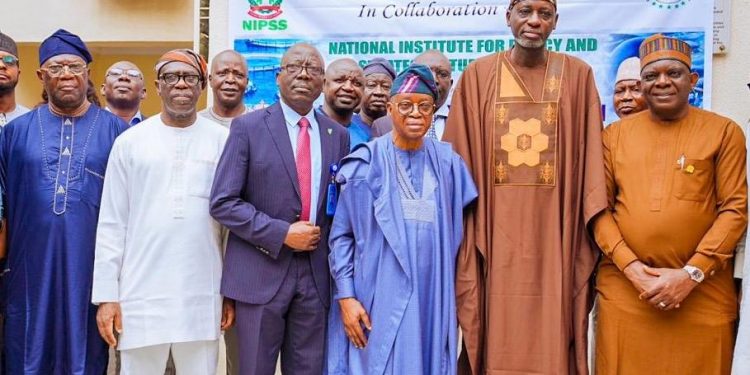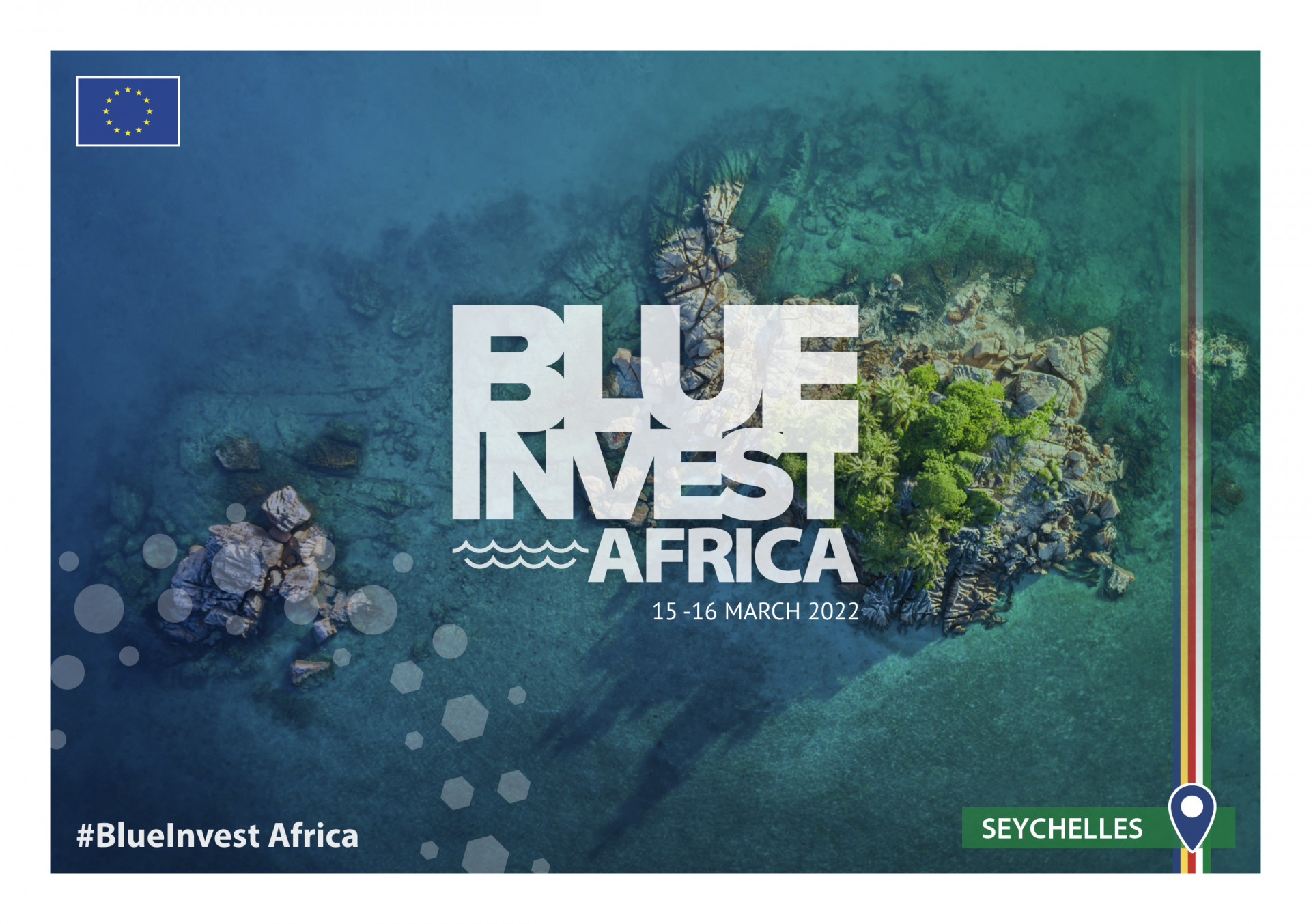The Federal Government, through the Ministry of Marine and Blue Economy, has partnered with the National Institute for Policy and Strategic Studies (NIPSS) to develop a National Fish Production Acceleration Roadmap (NFPAR) aimed at closing Nigeria’s ₦2.2 million metric ton fish supply gap and expanding opportunities for local producers.
Speaking at a two-day roundtable on accelerating national fish production held in Lagos, the Minister of Marine and Blue Economy, Adegboyega Oyetola, said the roadmap aligns with President Bola Ahmed Tinubu’s Renewed Hope Agenda, which prioritises food security, job creation, and inclusive economic growth.
Oyetola noted that Nigeria produces only 38.9 percent of the 3.6 million metric tons of fish consumed annually, leaving a significant shortfall that presents both a challenge and a business opportunity.
“This gap represents both a challenge and an opportunity for our business community. Through the roadmap, we aim to boost local fish production, strengthen value chains, and reduce dependence on imports,” the minister said.
He explained that the roadmap will be backed by policy reforms, including the proposed Fisheries Bill and the National Fisheries and Aquaculture Policy, which are designed to promote investment, sustainability, and innovation across the aquaculture sector.
According to Oyetola, the ministry is also implementing several digital transformation initiatives such as automating fisheries operations and creating a Blue Data Bank under the World Bank’s PROBLUE Programme to enhance efficiency and transparency.
He added that youth and women entrepreneurs are already benefiting from programmes like the Green Money Project, which provides training, input support, and access to aquaculture financing.
The Director-General of NIPSS, Prof. Ayo Omotayo, reaffirmed the institute’s commitment to supporting the government in translating research and dialogue into practical policies that drive inclusive growth and empower small businesses.
The two-day roundtable brought together key stakeholders from fisheries, aquaculture, finance, and policy sectors to develop actionable strategies for investment, SME participation, and sustainable development in the blue economy.
The roadmap, once implemented, is expected to boost fish self-sufficiency, enhance food security, and open up new revenue streams for Nigeria’s aquaculture industry.










